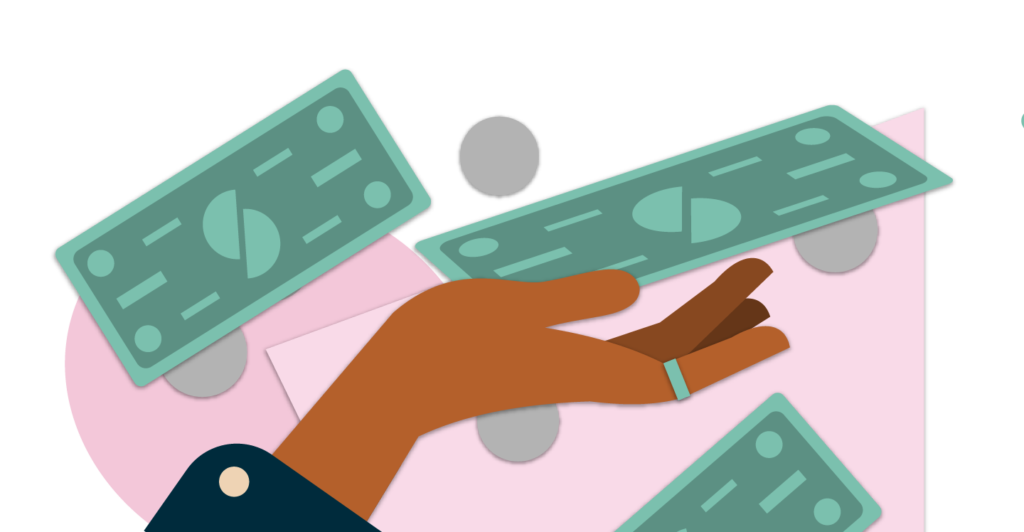VALUATION IN THE CIRCULAR ECONOMY: UNRAVELING THE COMPLEXITY
Valuation in the Circular Economy: Unraveling the Complexity
In a world grappling with the environmental repercussions of linear economic systems, the circular economy has emerged as a beacon of hope. This innovative approach aims to minimize waste, maximize resource efficiency, and redefine our consumption patterns. However, the transition to a circular economy is far from straightforward, and one of its key challenges lies in valuation – the process of determining the worth of products, materials, and services within this novel economic framework.
The Circular Economy: A Paradigm Shift
The circular economy represents a radical shift away from the traditional “take, make, dispose” model. Instead, it advocates for a closed-loop system where products and materials are reused, remanufactured, or recycled, thus reducing the strain on natural resources and curbing waste. This shift necessitates a reevaluation of how we assess value in economic transactions.
Valuation Beyond Financial Metrics
In the linear economy, value is often equated with financial gain. However, the circular economy challenges this notion by introducing multiple dimensions of value:
- Material Value: In a circular economy, the value of materials extends beyond their initial use. Recyclable and reusable materials gain importance, emphasizing the need for efficient material recovery systems.
- Functional Value: Products are assessed based on their ability to perform their intended functions over an extended lifespan. Durability and repairability become key factors in determining value.
- Environmental Value: The environmental impact of a product throughout its life cycle is a crucial consideration. Reduced carbon emissions, decreased resource depletion, and minimized pollution contribute positively to a product’s value.
- Social Value: The circular economy promotes local production, job creation, and social inclusion. These social dimensions are integral to the valuation process.
Challenges in Valuation
Valuing products and materials in the circular economy is a multifaceted challenge:
- Data Gaps: Accurate data on a product’s environmental and social impact can be scarce, making it difficult to quantify its holistic value.
- Shifting Mindsets: Transitioning from a linear to a circular mindset requires a shift in how businesses and consumers perceive value. This change can be met with resistance.
- Regulatory Frameworks: Existing regulations may not adequately address circular economy principles, hindering the valuation process.
Tools and Approaches for Valuation
Several tools and approaches have emerged to facilitate valuation in the circular economy:
- Life Cycle Assessment (LCA): LCA helps evaluate a product’s environmental impact throughout its life cycle, aiding in the assessment of its environmental value.
- Circular Design Principles: Incorporating circular design principles from the outset can enhance a product’s durability and recyclability, increasing its overall value.
- Blockchain and Traceability: These technologies enable transparent tracking of materials and products, supporting their valuation based on their circularity.
- Stakeholder Collaboration: Engaging stakeholders, including consumers, in the valuation process can provide diverse perspectives and foster a sense of shared responsibility.
The Role of Business and Policy
Both businesses and policymakers play pivotal roles in advancing valuation within the circular economy:
- Business Innovation: Companies must embrace circular business models and invest in research to develop products with enhanced circularity.
- Policy Support: Governments can create incentives, regulations, and standards that promote circularity, ensuring a level playing field for businesses.
- Consumer Education: Raising awareness and educating consumers about the value of circular products can drive demand.
The Way Forward
Valuation in the circular economy is not a one-size-fits-all concept. It requires a shift in perspective and innovative tools to assess products and materials holistically. As the world grapples with pressing environmental challenges, embracing circularity and redefining value are essential steps towards a more sustainable and prosperous future. The circular economy offers a promising path forward, where value extends beyond the balance sheet, ultimately enriching our planet and society.


